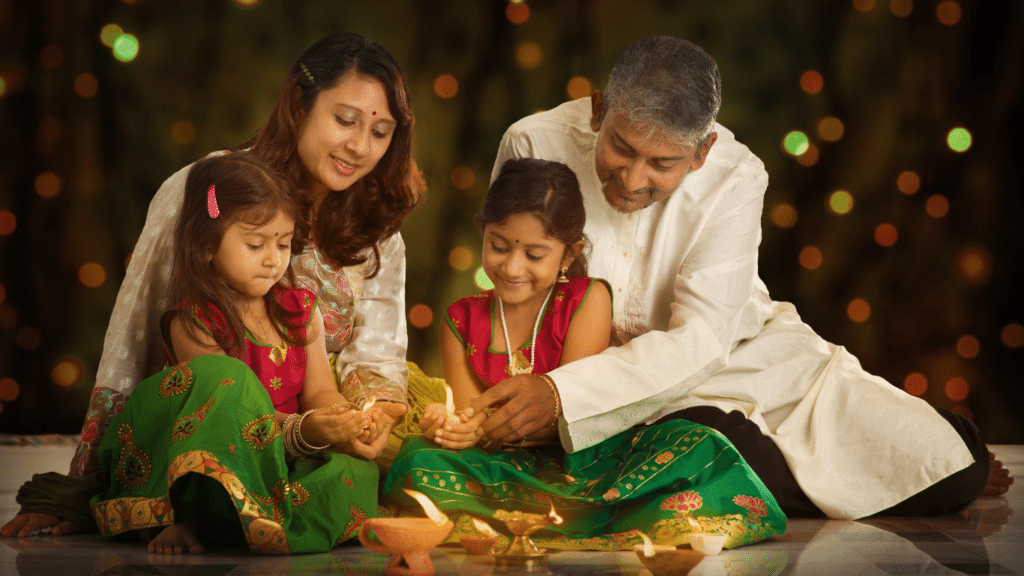Incorporating cultural traditions in your new family
Adopting a child is a time to celebrate. But beyond the initial celebration of the arrival of your new child, how can you incorporate new traditions and celebrations into your life? If your child has another country or culture in their background, it is important to share the learning experience of exploring their culture with them, through their own eyes. These experiences provide adopted children with a stronger sense of social and cultural identity.
Every country has its own unique story, told in part through the holidays they observe, and in addition to public celebrations, there is a wide range of fun events that you can incorporate at home through crafts, food, music, decoration and more.
Think about exploring a new tradition to broaden your family’s reasons to celebrate and experience new things with the following events.
The French call it Mardi Gras for ‘Fat Tuesday’ The English call it ‘Shrove Tuesday’ or more recently ‘Pancake Tuesday’, and the Germans call it ‘Fastnacht’ . No matter what language you speak, you’ve probably heard of Mardi Gras, but do you know where it originates? This year Mardi Gras is celebrated on Tuesday, March 8 and while we generally associate the festival with New Orleans, many cultures have their own versions of the week-long celebration which takes place before the observance of Lent – embraced by English, Russian, German, Polish, Hungarian, and Greek cultures, among others. Seen as a time to use up the things that will be given up for Lent, Mardi Gras is French for Fat Tuesday and is the time people would use up and consume fats before giving them up for Lent.
If you’d like your kids to get involved in the origins of Mardi Gras and have them observe Lent (which certainly doesn’t require you to be Catholic), then talk about what each family member could give up from Ash Wednesday to Easter Sunday. While it might seem obvious to you that they give up something they love, like chocolate, if your kids are young then choose something they like but you know they can succeed at giving up. Eat plenty of it at your Mardi Gras party before giving it up for Lent.
Another interesting celebration is Spring Equinox, which falls on March 20. Both Spring and Fall Equinox mark exactly 12 hours of daylight and 12 hours of darkness. Some cultures celebrate their new year at the Spring Equinox as it marks the days growing longer, such as the Persian calendar celebration of Nowruz which bases the New Year on the day the Spring Equinox is reached in Tehran.
Traditionally, a dinner of seven items beginning with the letter ‘S’ is served to honour the holiday. Decorate your party room with spring themes like flowers and pastel colours (which will be easy to find with Easter falling at the end of April) and plan kid friendly foods like spaghetti, strawberries, sugar cookies, and salami.
Celebrated on the 13th, 14th and 15th of April each year, the festival of Songkran is the traditional Thai new year. Water is a big part of this holiday where people gently and playfully throw clean or even nicely scented water at each other. If your children enjoy water play and it’s warm outside, take a small bowl and add a few drops of an essential oil like lavender or lemon. Take turns dipping your hand in the water and gently flicking it at each other. Songkran is a time to visit family, honour those you love, and clean house. If you have a Buddhist temple in your region, inquire if they know of a Songkran celebration.
You might also check at different ethnic community centres for a list of special events. Adding celebrations from around the world gives your family a taste of old and new traditions, and more importantly it will give your children a better sense of self, and allow you to bond with them, by experiencing something new together for the first time.





